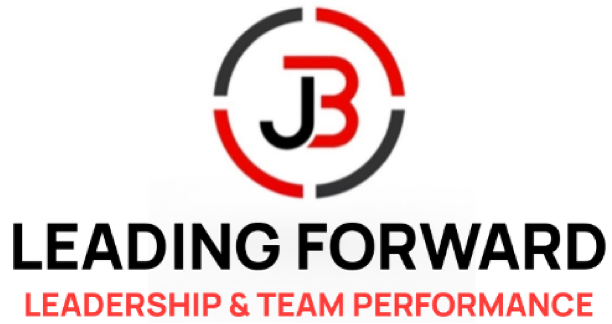What Separates Elite Teams From Ordinary Teams
- Joseph Brown

- Jul 20, 2025
- 3 min read

Years ago, when I accepted my first Parks and Recreation Director position, it became clear on day one that I had just walked into an ordinary team. Ordinary was all around me:
Trust was low
Silos were abundant…it felt like there were 50-foot walls between the 11 divisions that made up my department
We had a long list of problems that weren't new
There was little initiative
Zero accountability throughout the team
Dialogue was minimal with everyone in presenter mode
No 1:1 cadence or process
No feedback given or received
Leaders, managers, and coaches often ask me to define or help them identify what makes teams elite versus ordinary. In the world of teamwork and collaboration, the distinction between elite teams and ordinary teams often comes down to key principles and practices that foster an environment of trust, innovation, and accountability. Drawing from our ELITE™ Team Framework, we can identify critical elements that elevate team performance and culture. This ELITE™ Team Framework is the foundation of player-led versus coach-led teams.
E - Establishing Trust
Trust is the bedrock of any successful team. Elite teams prioritize vulnerability and consistency, allowing members to “connect” on a deeper level. By promoting open dialogue and encouraging team members to admit mistakes, elite teams create an atmosphere where individuals feel safe to express their thoughts and concerns. This contrasts sharply with ordinary teams, where trust is often limited to formal authority and top-down directives.
L - Leading Through Dialogue
Communication isn't just about giving orders; it's about engaging in meaningful conversations. Elite teams thrive on multi-directional feedback, where every voice is heard and valued. Elite teams “stay curious.” This approach not only enhances alignment and innovation but also helps resolve conflicts constructively. Ordinary teams often miss this dynamic, resulting in a lack of engagement and ownership.
I - Innovating Problem Solving
Elite teams leverage collective perspectives to solve complex challenges creatively and effectively. Rather than merely addressing symptoms, they focus on root causes, viewing failures as learning opportunities…a "process-based" approach. This mindset fosters resilience and adaptability, which are essential for navigating today's fast-paced environments. Ordinary teams don't solve problems; they seemingly keep kicking the can down the road while problems fester.
T - Transforming Through Empowerment
Empowerment is a hallmark of elite teams. By distributing authority and encouraging initiative, team members are motivated to take ownership of their roles. This not only enhances performance/engagement but also cultivates a culture of accountability. Ordinary teams, in contrast, often rely heavily on leadership for direction, which can stifle creativity and initiative while lacking accountability.
E - Excelling Through Collaboration
A culture of collaboration is vital for achieving shared goals. Elite teams recognize that their collective strengths are greater than individual contributions. They prioritize team goals over personal recognition, fostering a sense of belonging and commitment. Ordinary teams may struggle with silos and competing priorities, which can hinder overall performance. You'll see and feel a "me mentality" here.
Measuring Performance Through Indicators
To gauge the effectiveness of team dynamics, elite teams use specific indicators related to trust, dialogue, problem-solving, and collaboration. These metrics help identify areas for improvement and reinforce the behaviors that contribute to a high-performing culture. Ordinary teams haven't considered this correlation yet.
The Power of Feedback
Finally, elite teams understand the importance of feedback and not just as a tool for assessment, but as a means of growth. This includes being both feedback givers and receivers. By creating a culture that values constructive feedback, teams can evolve and adapt, taking actionable feedback and creating habits around it, ensuring they're always striving for excellence. Elite teams value the idea of “selection is an ongoing process” meaning we are always trying to grow and get better and when/if you aren’t you may find yourself no longer on the team.
The journey from being an ordinary team to becoming an elite team isn't solely the responsibility of leaders and coaches; it requires the commitment of every team member. By focusing on trust, dialogue, problem-solving, empowerment, and collaboration, teams can unlock their full potential and achieve extraordinary results.
What will you contribute to make your team elite?
How to Use This Blog as a ToolAwareness. Mindfulness leads to action.Assessment. Rank your team on a Likert scale of 1-5, with 5 being outstanding and 1 being terrible (self-audit) in all these functions. Have your team rank the team too, compare scores, and identify gaps. Reach out and let's discuss an action plan.





Comments